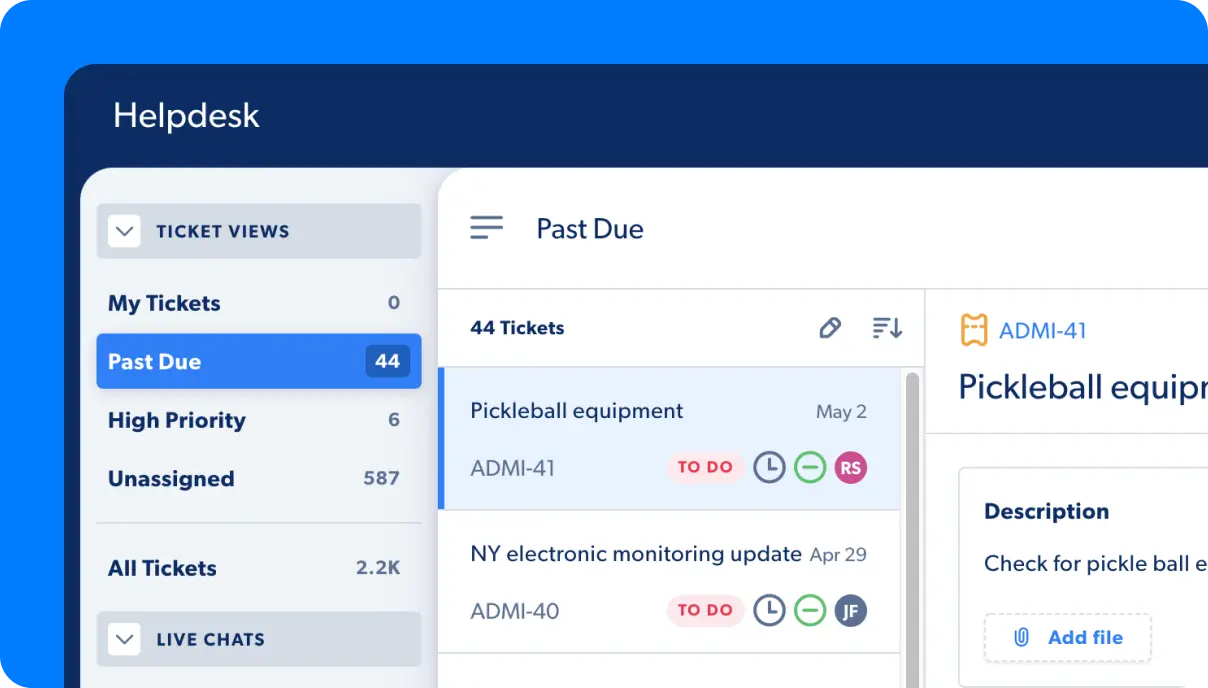In today’s fast-paced digital world, businesses are continually seeking ways to improve customer interactions and operational efficiency. One significant advancement in this regard is the migration to cloud contact center software. This emerging technology offers a plethora of benefits, from scalability to cost savings, making it an attractive option for organizations looking to enhance their customer service capabilities. This blog will delve into what cloud contact center software is, its benefits, and why it’s a game-changer for modern businesses.
What is Cloud Contact Center Software?
Cloud contact center software is a comprehensive solution that facilitates customer interactions over various communication channels—such as phone, email, chat, and social media—hosted entirely in the cloud. Unlike traditional on-premises systems, it leverages cloud computing to provide a more flexible, scalable, and cost-effective way to manage customer service operations.
Benefits of Cloud Contact Center Software
Scalability
One of the most compelling advantages of cloud contact center software is its scalability. Whether your business experiences seasonal fluctuations or is in a rapid growth phase, cloud solutions can easily scale up or down to meet your needs. This scalability ensures you can handle varying volumes of customer interactions without compromising service quality.
Cost-Efficiency
Traditional contact center setups require significant upfront investments in hardware and infrastructure. With cloud contact center software, these costs are substantially reduced. You pay a subscription fee, allowing you to convert capital expenditures into operating expenses. This model provides greater financial flexibility and lowers the barrier to entry for small and medium-sized businesses.
Flexibility and Remote Work
The COVID-19 pandemic has underscored the importance of flexibility and remote work capabilities. Cloud software enables your customer service team to work from anywhere with an internet connection. This flexibility not only boosts employee satisfaction but also ensures business continuity during unforeseen disruptions.
Integration Capabilities
Modern cloud contact centers are designed to integrate seamlessly with various customer relationship management (CRM) systems, marketing automation tools, and other essential software. This integration provides a unified view of customer interactions, empowering your agents to deliver more personalized and efficient service.
Advanced Features
Cloud contact center software often comes with a suite of advanced features, such as AI-powered analytics, automated workflows, and omnichannel support. These features enhance operational efficiency, provide deeper insights into customer behavior, and improve the overall customer experience.
Key Features to Look for in Cloud Contact Center Software
Omnichannel Support
With customers reaching out through multiple channels, omnichannel support is a must-have feature. It allows agents to handle interactions from various platforms—phone, email, chat, and social media—within a single interface. This unified approach ensures a consistent customer experience and reduces the chances of communication silos.
AI and Automation
Artificial Intelligence (AI) and automation are transforming the way contact centers operate. AI-powered chatbots can handle routine queries, freeing up agents to focus on more complex issues. Automated workflows streamline processes, reducing the time it takes to resolve customer inquiries.
Reporting and Analytics
Robust reporting and analytics tools are crucial for monitoring performance metrics like average handle time, first call resolution, and customer satisfaction scores. Cloud contact center software often includes these tools to help you make data-driven decisions and continually improve your service quality.
Security and Compliance
Data security and regulatory compliance are top priorities in any contact center. Ensure that the cloud contact center software you choose adheres to industry standards and regulations such as GDPR and CCPA. Look for features like end-to-end encryption and multi-factor authentication to protect sensitive customer information.
Ease of Use and Implementation
The best cloud contact center software should be user-friendly and easy to implement. An intuitive interface reduces the learning curve, while straightforward deployment minimizes downtime. Look for vendors that offer comprehensive onboarding and ongoing support to ensure a seamless transition.
Selecting the Right Cloud Contact Center Software for Your Business
Evaluate Your Needs
The first step in selecting the right cloud contact center software is to evaluate your specific needs. Consider factors like the size of your business, the volume of customer interactions, and the communication channels you use. Identify your key pain points and what features are necessary to address them.
Research Vendors
Once you have a clear understanding of your needs, research various vendors to find a solution that aligns with your requirements. Look for providers with a proven track record, positive customer reviews, and strong support services. Consider requesting demos or trial periods to test the software’s functionality.
Consider Total Cost of Ownership
While cloud contact center software is generally more cost-effective than on-premises solutions, it’s essential to consider the total cost of ownership. Factor in subscription fees, potential upgrade costs, and any additional expenses for training or support. Ensure the solution provides good value for the investment.
Test and Implement
Before fully committing, conduct a pilot test to ensure the software meets your expectations. Gather feedback from agents and managers to identify any issues or areas for improvement. Once satisfied, proceed with full implementation and provide comprehensive training to ensure your team can maximize the software’s potential.
Maximizing the Benefits of Cloud Contact Center Software
Continuous Improvement
One of the most significant advantages of cloud contact center software is its ability to evolve with your business. Regularly review performance metrics and customer feedback to identify areas for improvement. Leverage the software’s analytics tools to make data-driven decisions and continually enhance your customer service operations.
Foster a Collaborative Environment
Cloud contact center software enables better collaboration among team members, regardless of their location. Use the software’s communication features to foster a collaborative environment where agents can share best practices, seek advice, and work together to resolve complex issues.
Stay Updated on New Features
Vendors regularly update cloud contact center software with new features and enhancements. Stay informed about these updates to take full advantage of the latest advancements. Regularly training your team on new features ensures they can leverage the software’s full capabilities to deliver exceptional customer service.
Conclusion












































